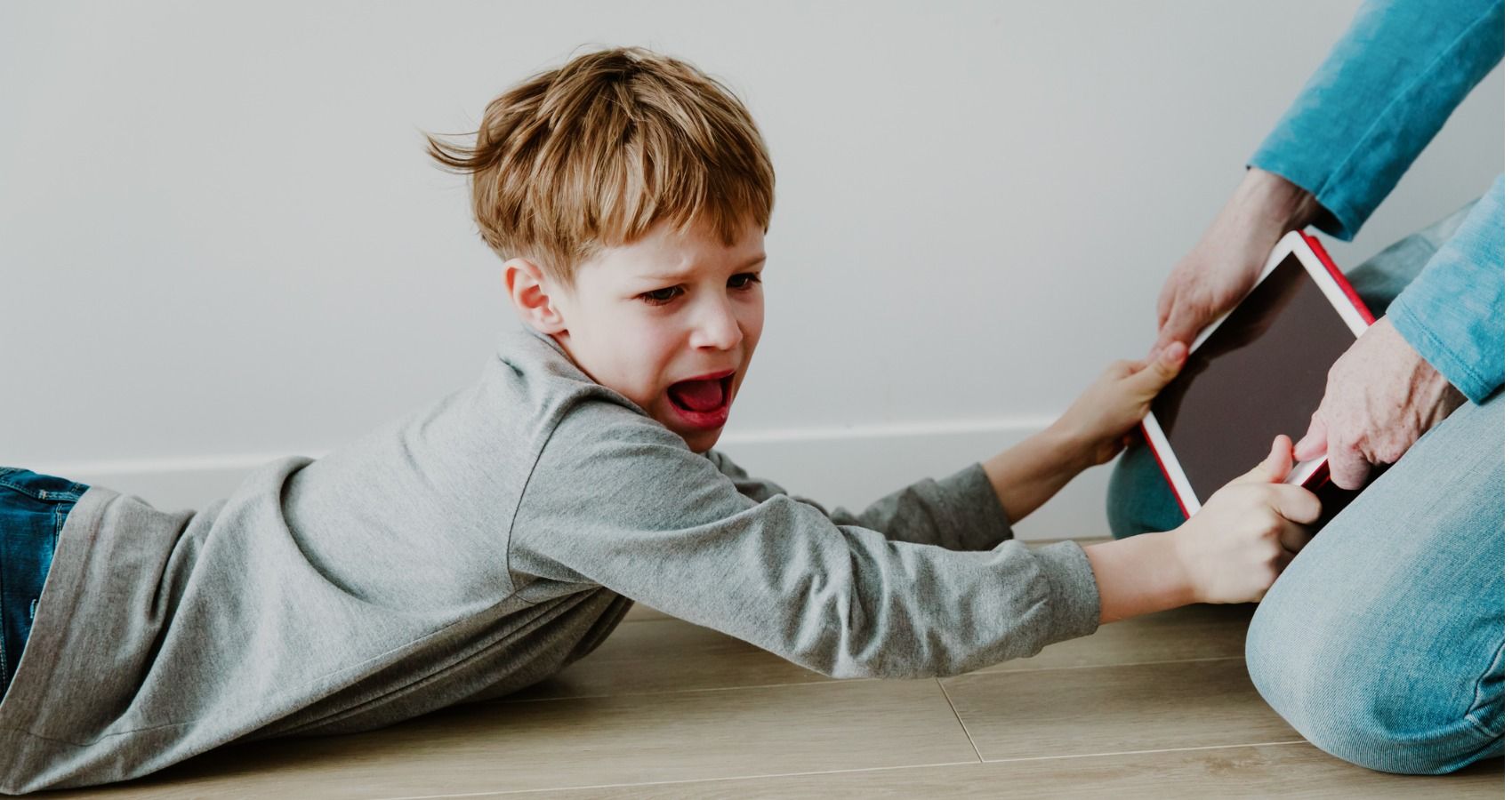If you are at the end of your rope with your child's misbehavior, consider that anxiety may be the hidden cause. Childhood anxiety is on the rise, and this condition is behind a lot unexpected behavior problems.
All children act out from time to time. For some kids, however, it seems near-constant. They have full-blown tantrums well past toddlerhood, struggle with daily tasks, or breakdown at school drop off. Parents often feel perplexed by their children's actions, and helpless to stop them. More often than not, this suggests that something deeper is at play. It could be childhood anxiety.
READ MORE: 10 Signs That Your Child Could Have Anxiety
According to a study published in the Journal of Developmental and Behavioral Pediatrics, approximately 2 million American children and adolescents have a diagnosable anxiety disorder. Anxiety tends to spike when children go back to school, so increased behavior problems this time of year may be a result of it.
Parents and teachers can unwittingly make things worse if they are not aware that anxiety is the root cause of a child's discipline issues. Increased punishments tend to make things worse, and leave kids feeling defeated and alone.
Instead of treating behavior directly, parents and teachers would have more success addressing what is behind the problem. For example, a child who acts out during math instruction may actually be paralyzed by the fear of embarrassment if he is called upon and cannot answer.
The same can be said for kids who become aggressive during group play. Social situations may be a source of anxiety. When adults address triggers instead of reactions, they help children gain control of their situations and this improves behavior.
There are many factors that play into whether your child has an anxiety disorder. Genetics plays a role, but there are external causes as well. Excessive academic pressure, transitions, and trauma can all trigger anxiety problems.
The good news is that anxiety is treatable. In most cases, early and effective interventions will make a big difference.
READ NEXT: Kids Who Play Sports At A Young Age Less Likely To Have Anxiety

